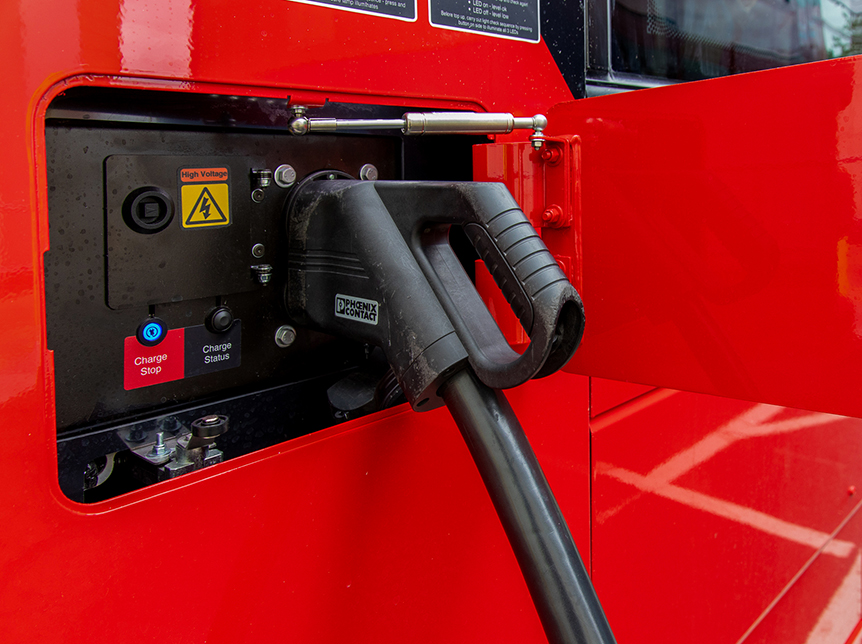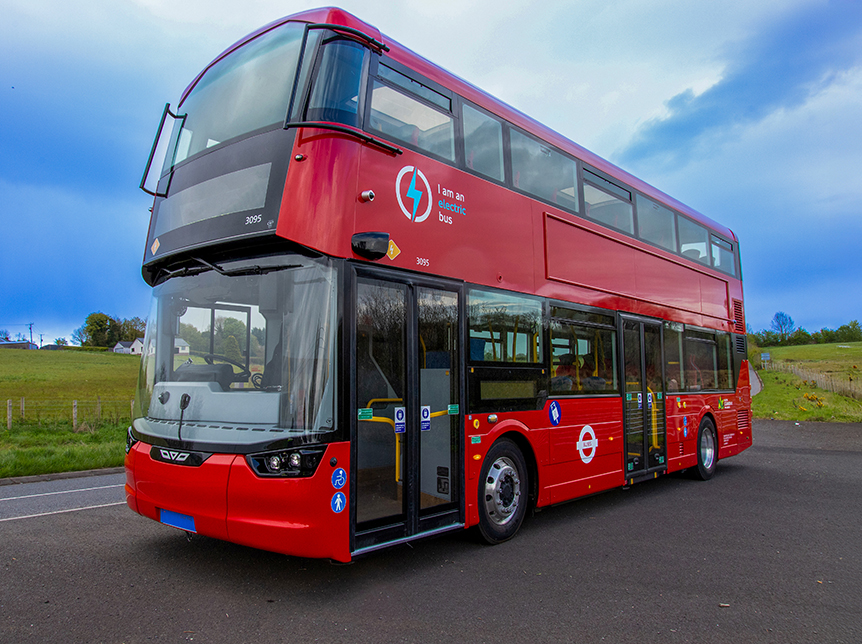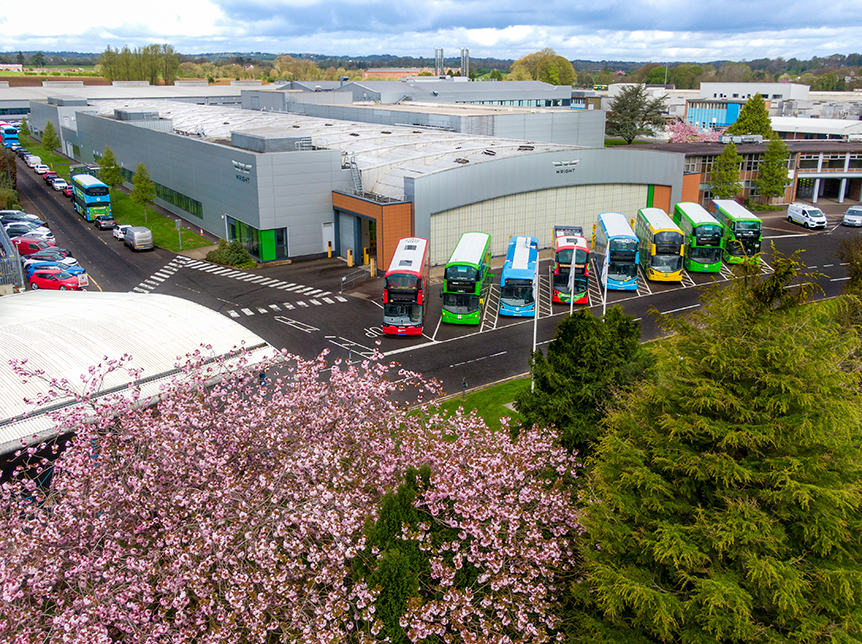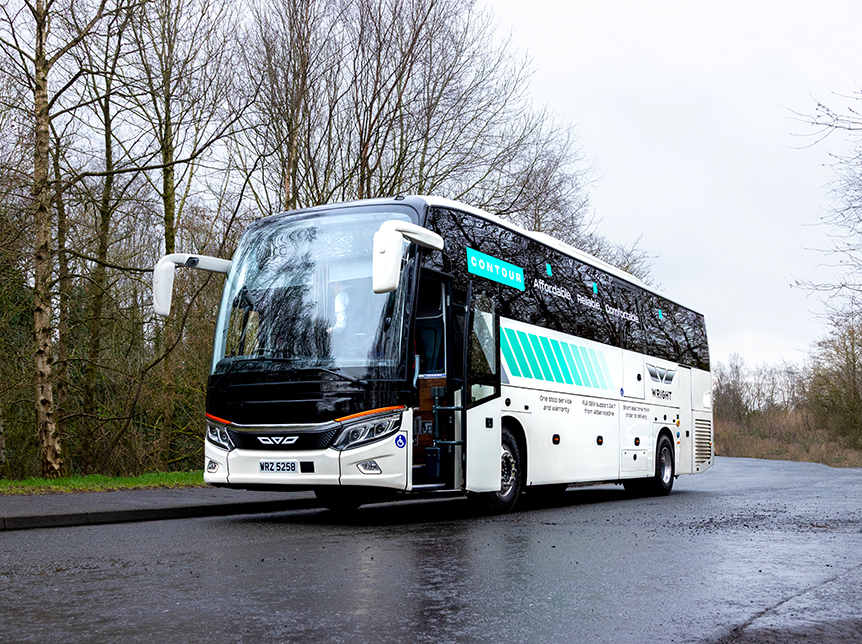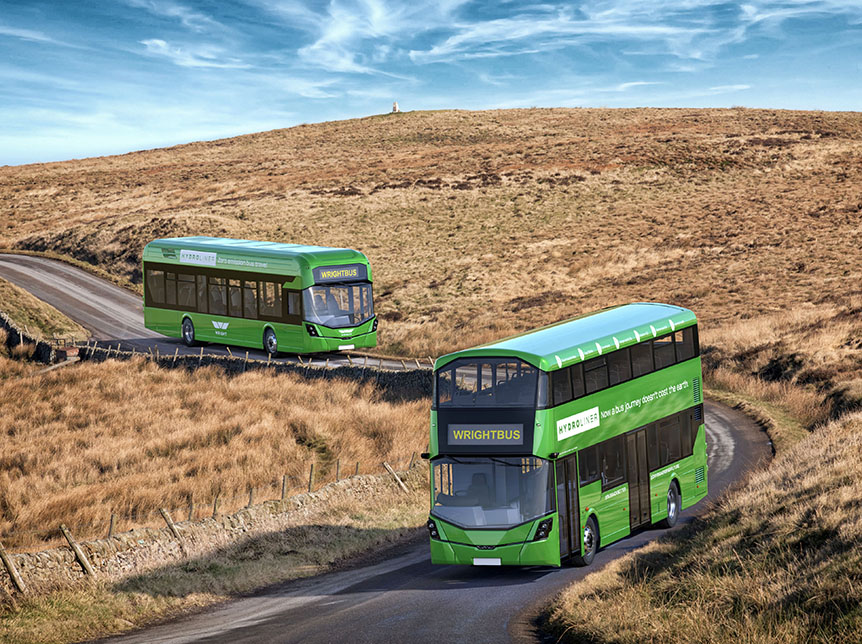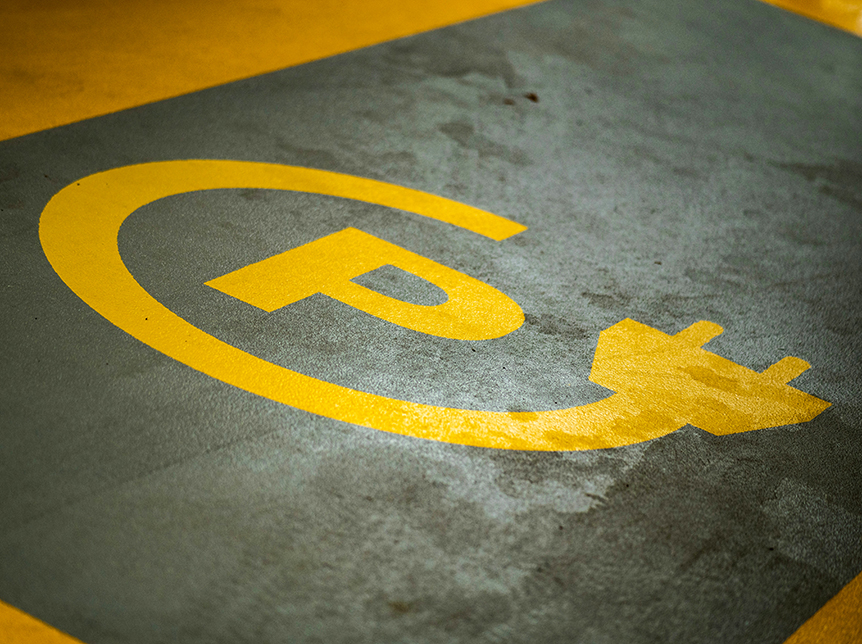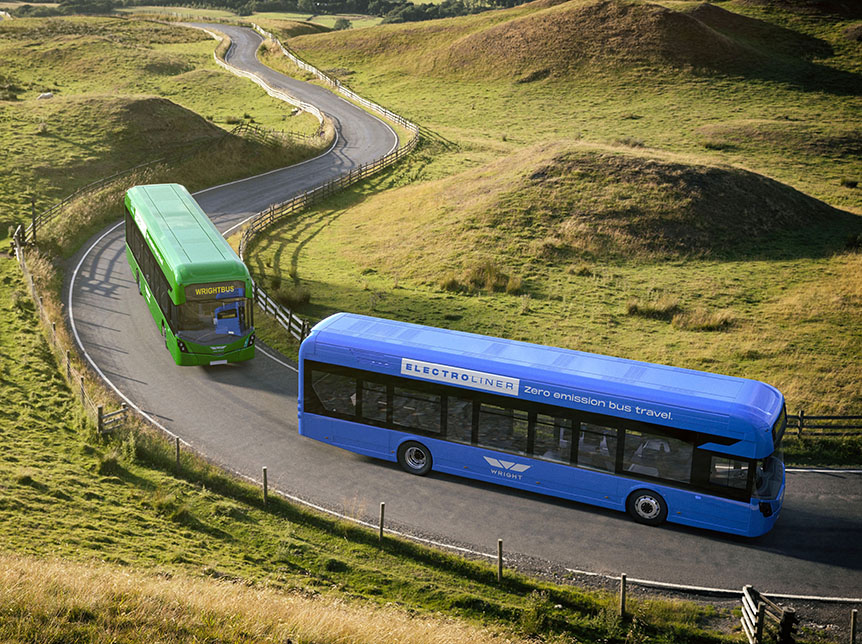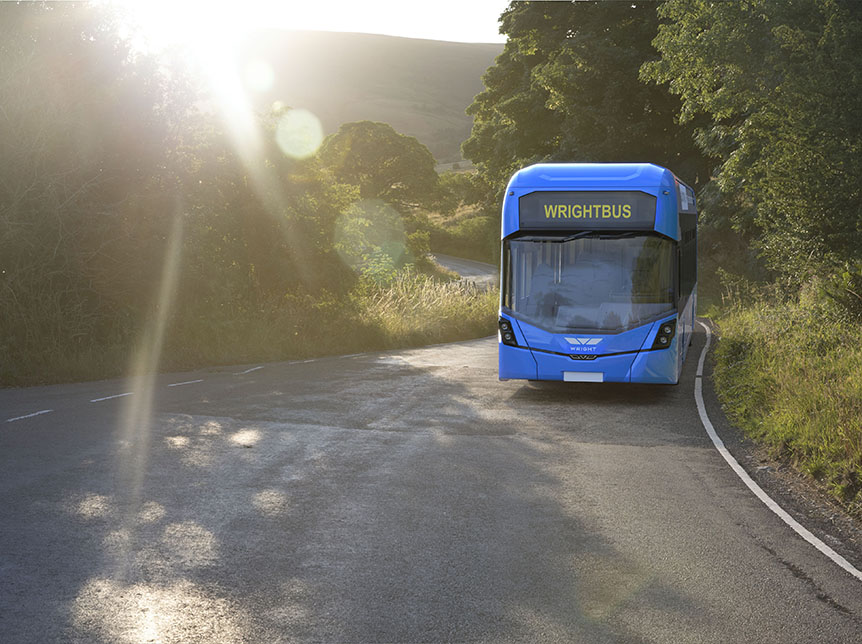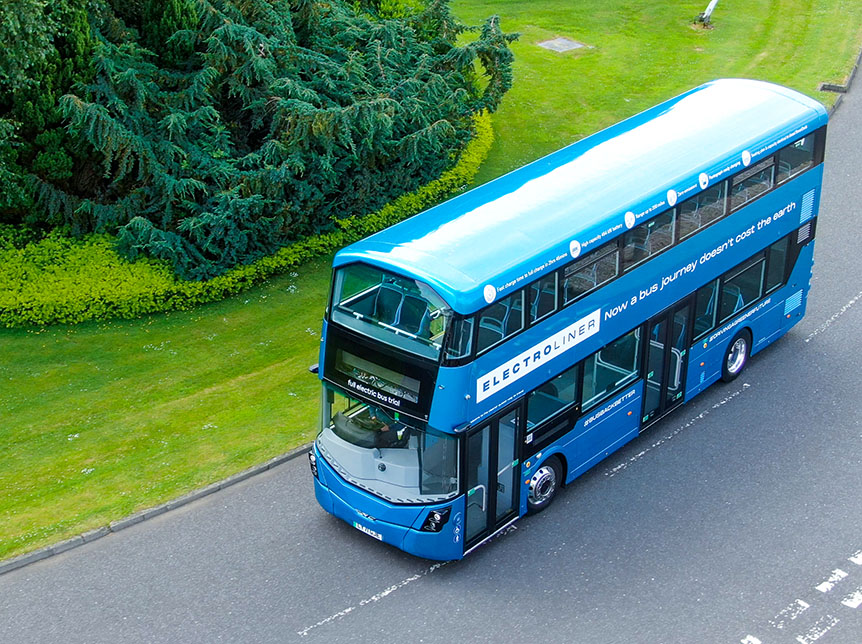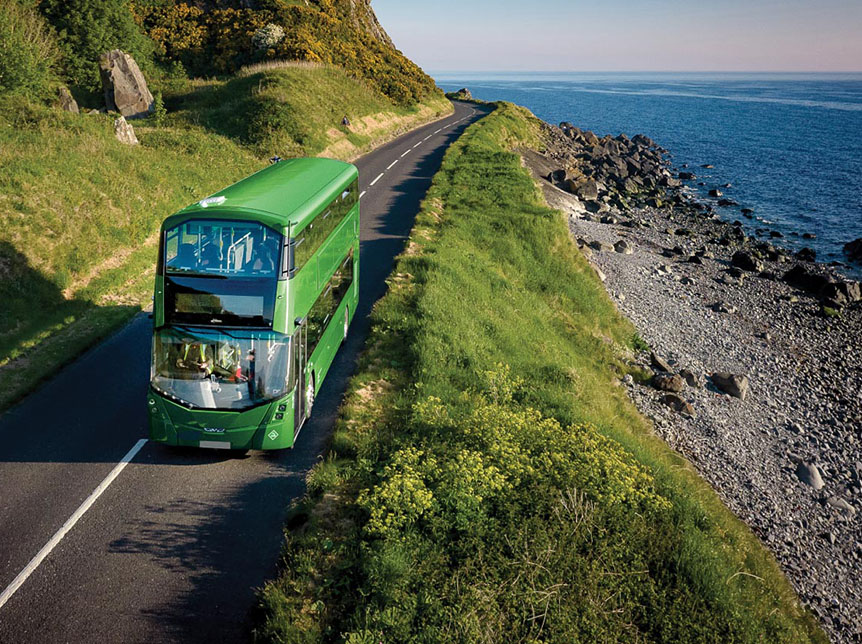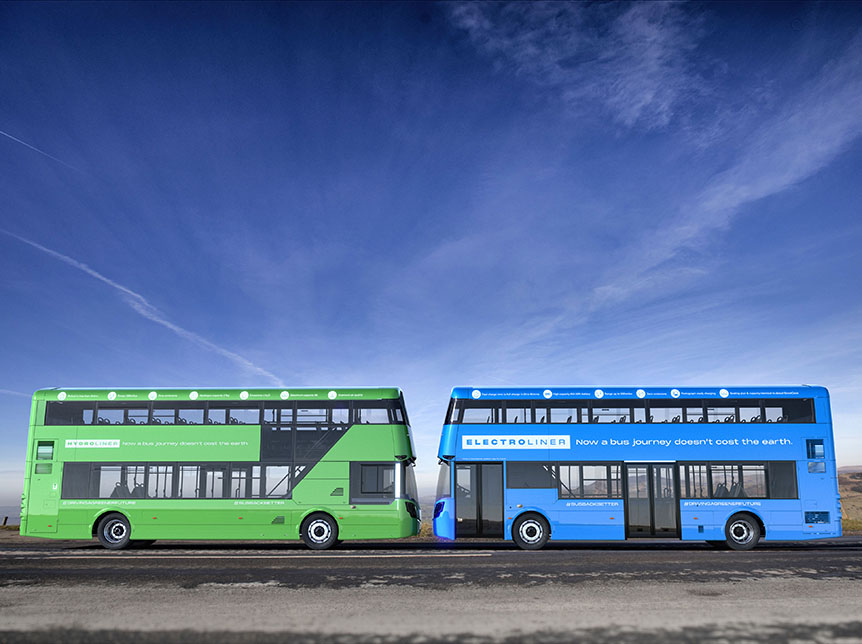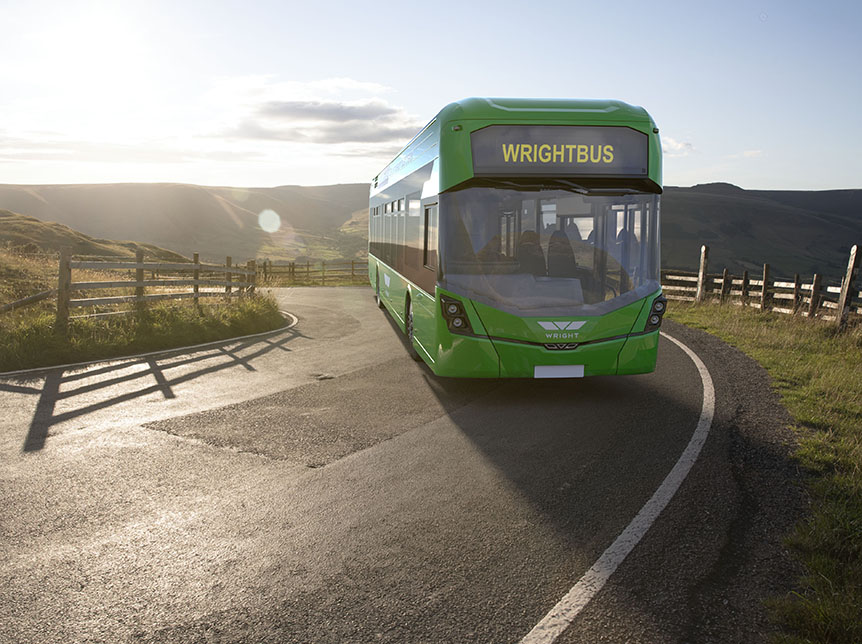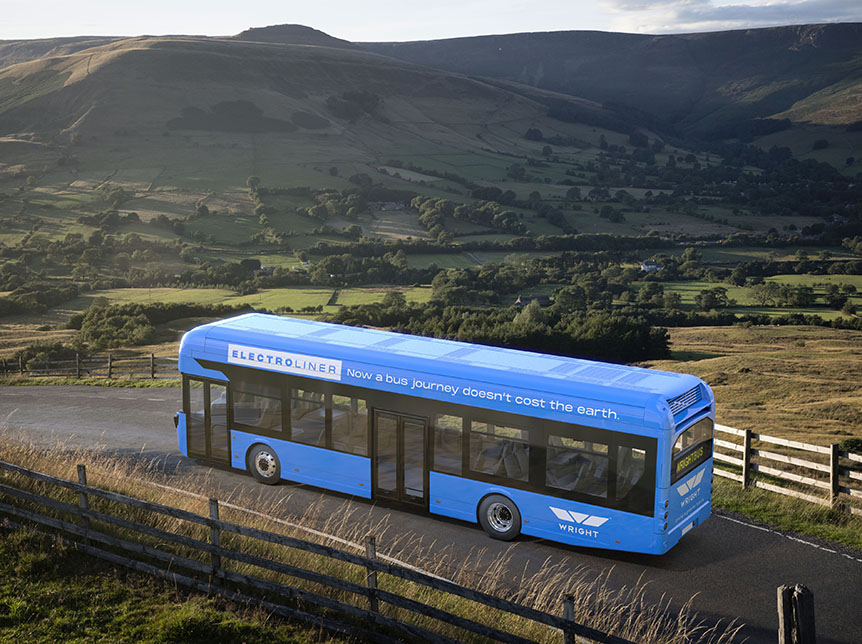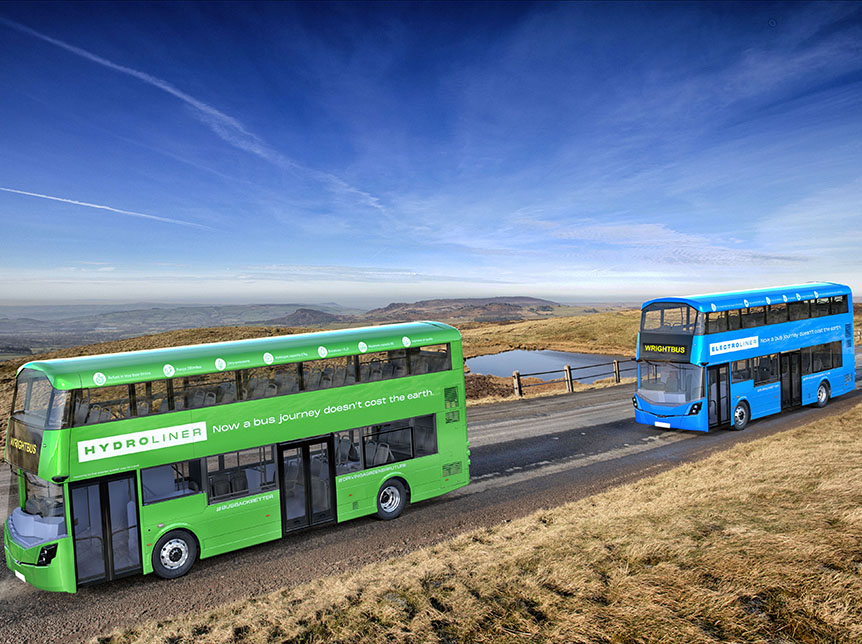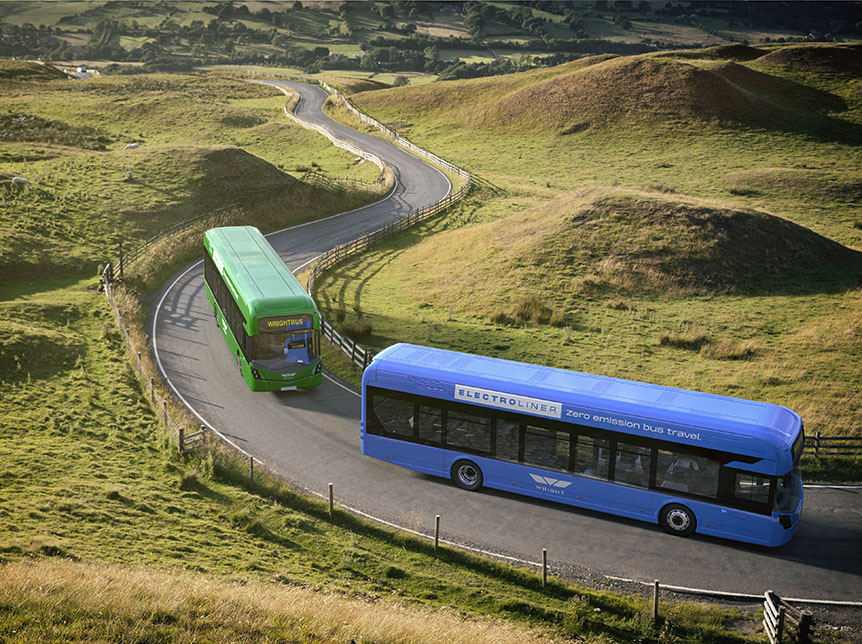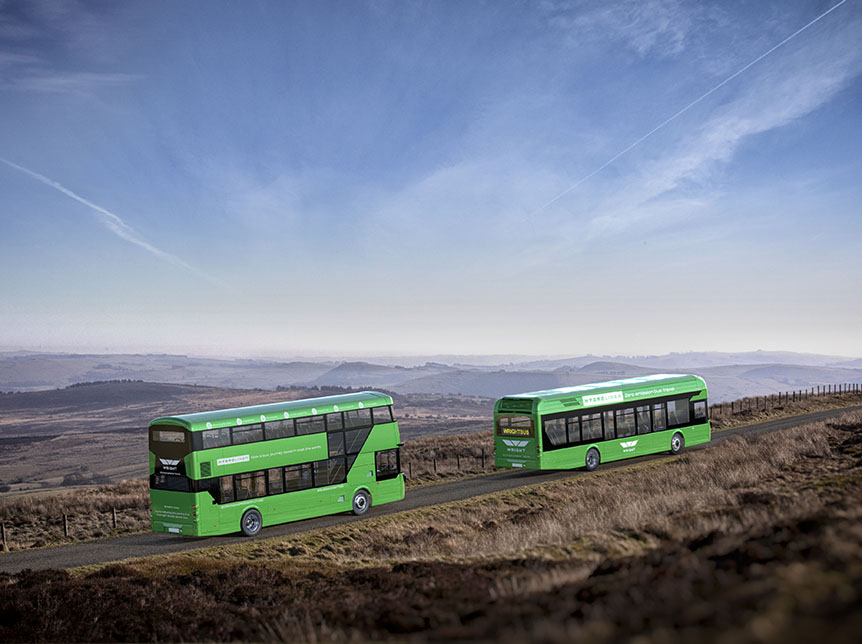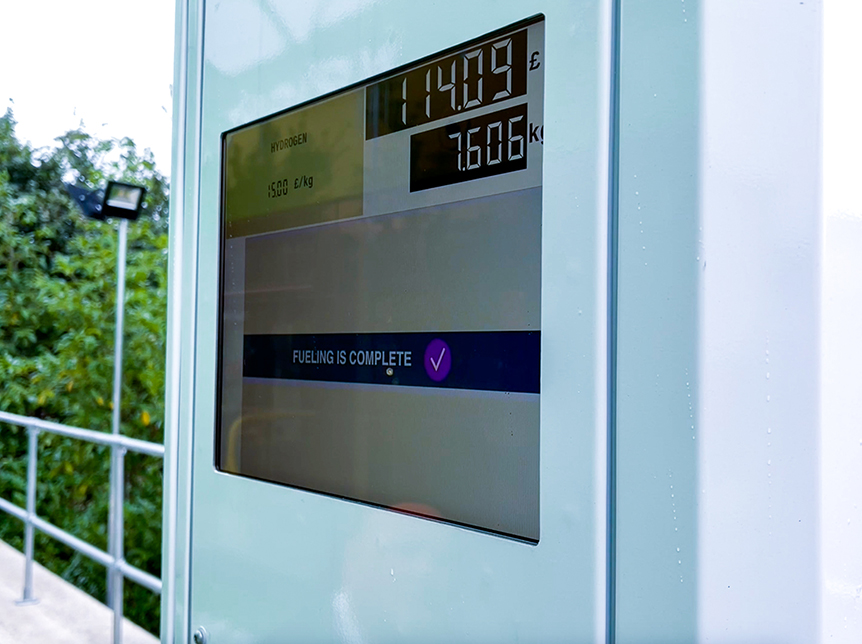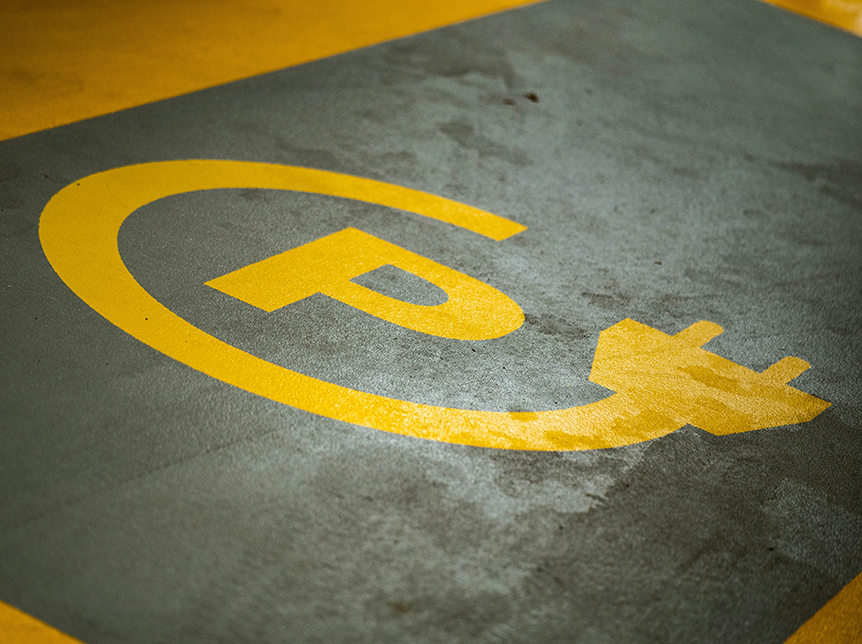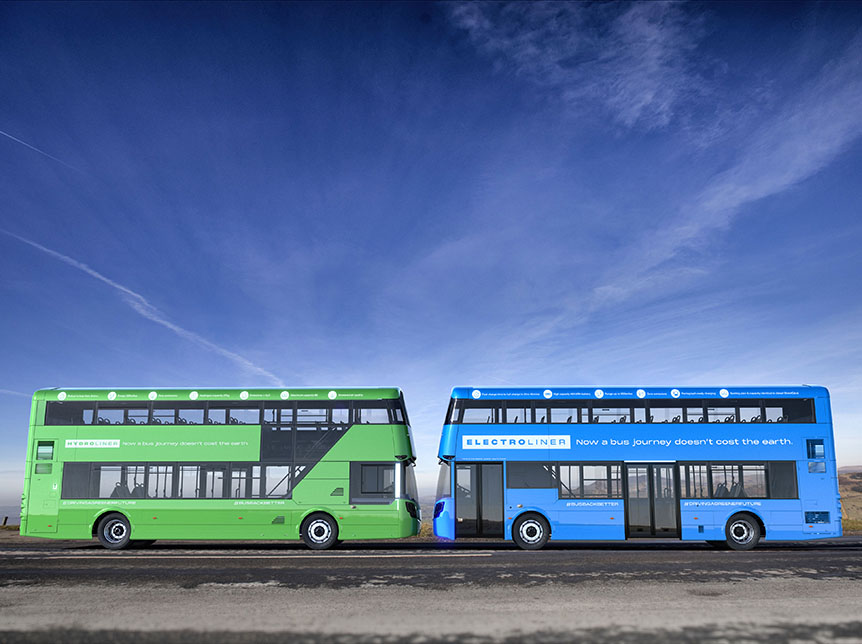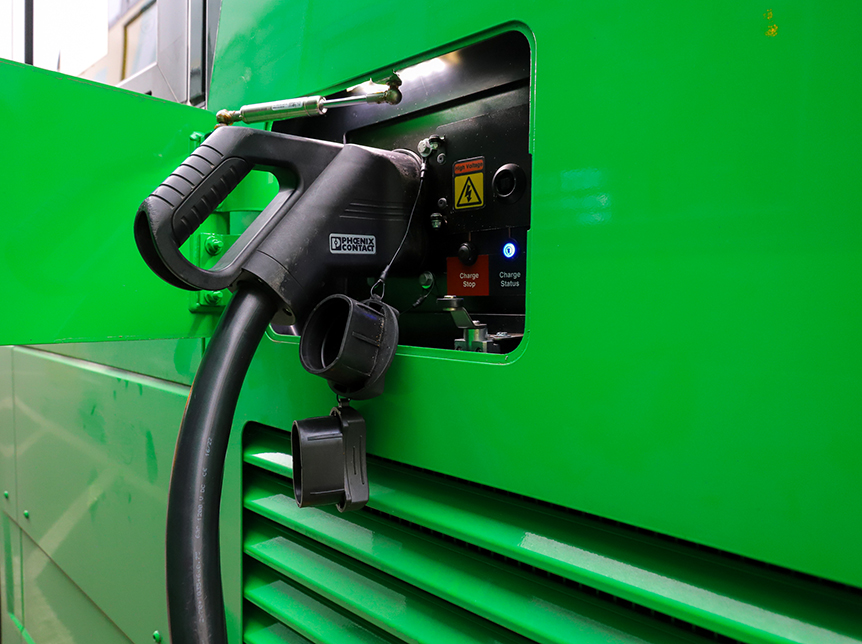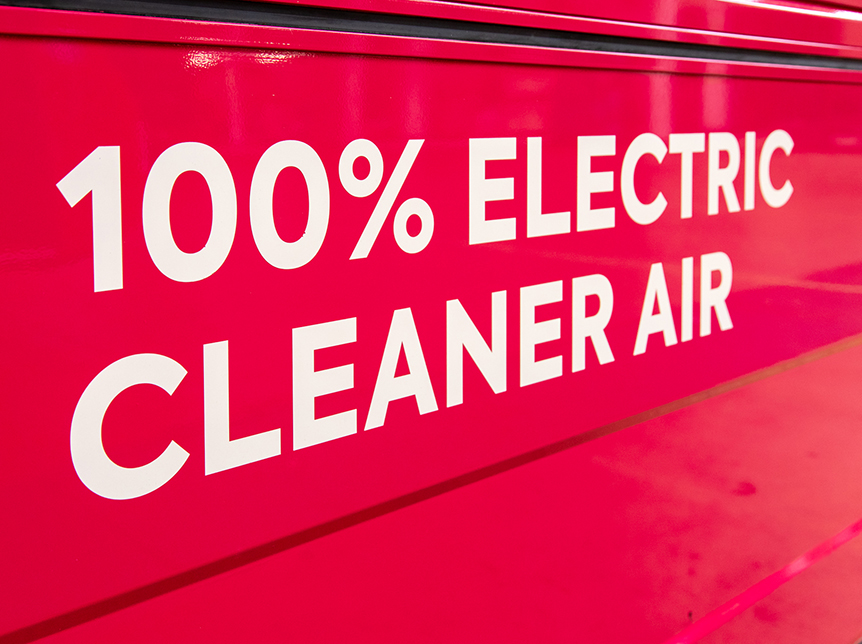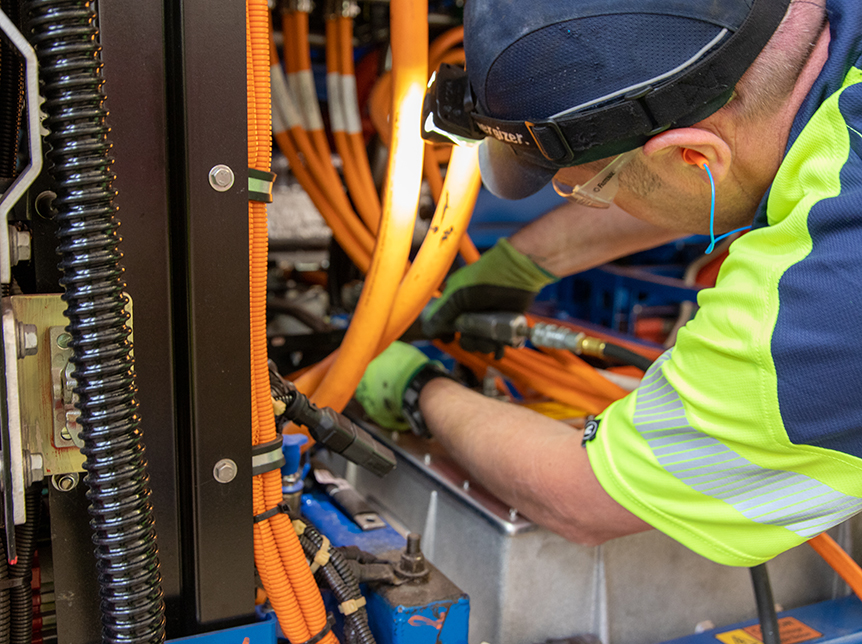
As cities around the world aim to create more sustainable and efficient public transportation systems, two innovations are standing out: the single decker bus and hydrogen fuel cell vehicles. These technologies offer practical and environmentally friendly solutions that are essential for the future of urban mobility.
Single Decker Bus: A Versatile Solution for Urban Transit
The single decker bus has long been a staple of public transportation, known for its versatility and efficiency. Unlike double decker buses, single decker buses are typically more maneuverable and can navigate through narrow city streets and congested traffic with ease. This makes them an ideal choice for urban routes where flexibility and frequent stops are necessary.
Single decker buses are also more cost-effective to operate and maintain, making them a popular choice for transit agencies looking to optimize their fleets. With seating for up to 40-60 passengers, depending on the model, these buses provide ample capacity for daily commuters while maintaining a smaller footprint than their double decker counterparts.
Modern single decker buses are increasingly being equipped with advanced technologies, including hybrid and electric powertrains, to reduce emissions and improve fuel efficiency. These innovations are crucial as cities work towards meeting environmental goals and reducing their carbon footprints.
Hydrogen Fuel Cell Vehicles: Pioneering Zero Emissions Transport
Hydrogen fuel cell vehicles (FCEVs) are at the forefront of zero emissions transportation technology. Unlike traditional vehicles that burn fossil fuels, hydrogen fuel cell vehicles generate electricity through a chemical reaction between hydrogen and oxygen, producing only water as a byproduct. This makes them an incredibly clean alternative to conventional internal combustion engine vehicles.
One of the most significant advantages of hydrogen fuel cell vehicles is their ability to offer long driving ranges and quick refueling times, similar to those of gasoline-powered vehicles. This makes FCEVs particularly attractive for applications where range and refueling convenience are critical, such as long-haul trucking or public transportation.
In the context of public transit, hydrogen fuel cell single decker buses are emerging as a viable option for cities aiming to reduce their environmental impact. These buses combine the benefits of hydrogen fuel cells with the practicality of single decker designs, offering a zero emissions solution that can operate on existing urban routes without compromising on performance or efficiency.
The Synergy Between Single Decker Buses and Hydrogen Fuel Cell Technology
The combination of single decker bus designs and hydrogen fuel cell technology represents a significant advancement in sustainable urban transit. By integrating hydrogen fuel cells into single decker buses, transit agencies can offer passengers a reliable, zero emissions service that contributes to cleaner air and a reduction in greenhouse gas emissions.
These hydrogen fuel cell single decker buses are also an excellent fit for cities with ambitious sustainability targets. As the demand for low-emission public transport grows, the adoption of hydrogen-powered single decker buses is expected to increase, providing cities with a scalable and environmentally friendly option for their public transportation networks.
Read more
Single Decker Electric Buses: Paving the Way for Sustainable Public Transport
Read onThe Double Decker Electric Buses: Revolutionizing Urban Transportation
Read onElectric Buses and Hydrogen Vehicles: Driving the Future of Sustainable Transportation
Read onHybrid Buses: The Future of Sustainable Double Decker Transportation
Read onExploring the Future of Transportation: Battery Electric Vehicles and Double Decker Buses
Read onNavigating Urban Landscapes: The Versatility of Single Deck Buses and Double Deck Buses
Read onLondon's Bendy Bus Legacy and the Innovation of London Electric Vehicle Company
Read onPioneering Zero-Emission Transport: The Rise of Electric Bus Companies in the UK
Read onEmbracing Tomorrow's Roads: Zero-Emission vs. Battery Electric Vehicles
Read onThe Perfect Blend: Exploring Hybrid Electric Vehicles and the Role of Coach Builders
Read on
Get in touch
Wrightbus has been at the forefront of transport innovation since 1946, relentlessly pushing the boundaries with its commitment to quality, style and safety.
